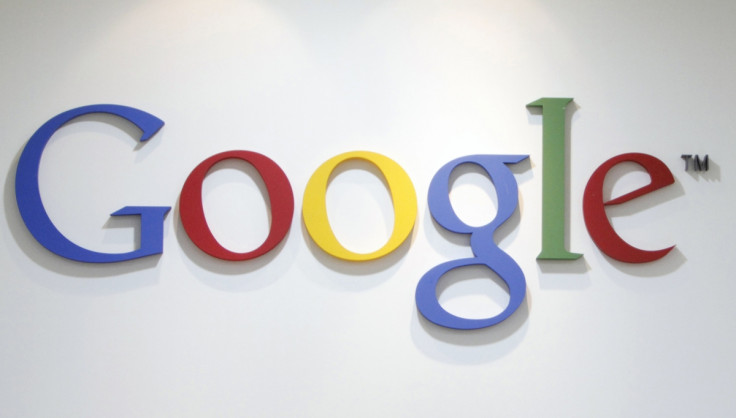Google to Make 'Significant Efforts' to Remove Abusive Links After Settling High Court Case

The case between Google and Daniel Hegglin, a UK businessman who wanted thousands of links to websites wrongly branding him a murderer to be removed from the search engine's results, has been settled in London's High Court.
Hegglin, who now lives in Hong Kong but used to live and work in London, said the websites were part of a malicious online campaign against him and wrongly called him a murderer, a paedophile and a member of the Ku Klux Klan.
Terms of the settlement were not disclosed but brief statements were read out in court.
"The settlement includes significant efforts on Google's part to remove the abusive material from Google-hosted websites and from its search results," said Hegglin's barrister, Hugh Tomlinson QC.
"Mr Hegglin will now concentrate his energies on bringing the persons responsible for this campaign of harassment to justice."
"Dreadful Bastard Criminal..."
Google representative Anthony White QC said: "Google provides search services to millions of people and cannot be responsible for policing internet content. It will, however, continue to apply its procedures that have been developed to assist with the removal of content which breaches local applicable laws."
The businessman, who first became aware of the websites in 2011, wanted Google to stop the websites appearing in results when searching for his name. Google had asked Hegglin to provide it with a list of the web links, and the court case was over whether the search giant should have done more to help.
But claiming there were more than 3,600 websites containing abusive and untrue material about him, Hegglin said providing a list would be expensive, time consuming and ineffective.
At the time of publication, a Google search for 'Daniel Hegglin' returns a link to a now-deleted Facebook page called "Dreadful Bastard Criminal Daniel Hegglin..." Although the page has been deleted by Facebook, its title is still shown at the top of the Google search results page.
Although conceding that Google is not the producer of the abusive material, Hegglin criticised the search engine for allowing web users to find the untrue content, and was seeking a legal order forcing Google to prevent links to the posts appearing in searches in England and Wales.
The case is not related to previous right-to-be-forgotten cases, where Google is asked to remove old but accurate content, such as news reports of previous convictions or embarrassing content. Instead, it is about the deletion of abusive and false material which can be seen by anyone searching for the victim, such as a potential future employer.
© Copyright IBTimes 2025. All rights reserved.






















